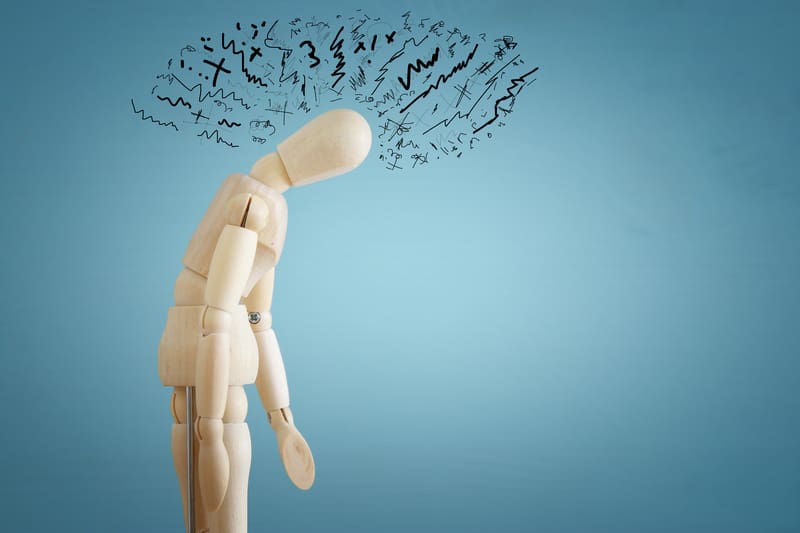
TMS and Anxiety Disorders: A Revolutionary Approach to Easing Anxiety Symptoms
Anxiety disorders are among the most prevalent mental health issues, affecting millions of people globally. Traditional treatments such as medication and psychotherapy are effective for many but not all individuals. Transcranial Magnetic Stimulation (TMS) emerges as a revolutionary approach that promises new hope for those struggling with anxiety disorders.
What is TMS?
Transcranial Magnetic Stimulation involves the use of magnetic fields to stimulate nerve cells in the brain. It’s a non-invasive procedure where an electromagnetic coil is placed against the scalp. The magnetic pulses can affect brain activity, making it a useful tool in treating various psychiatric conditions, including depression and anxiety disorders.
How Does TMS Work for Anxiety?
TMS targets the areas of the brain responsible for mood regulation and anxiety. By stimulating these regions, TMS can induce changes in neurotransmitter levels, leading to improved mood and reduced anxiety symptoms. The treatment is usually administered in multiple sessions over several weeks, with each session lasting around 10-30 minutes.
Efficacy and Research
Numerous studies have demonstrated the efficacy of TMS in treating anxiety disorders. In many cases, patients who have not responded well to medications or psychotherapy find significant relief after undergoing TMS. While research is ongoing, the initial results are promising, showing a decrease in anxiety symptoms and an improvement in overall well-being for many participants.
Advantages Over Traditional Treatments
TMS offers several advantages over traditional treatment methods for anxiety disorders:
Minimal Side Effects
Unlike medication, which can have a wide range of side effects including drowsiness, weight gain, or digestive issues, TMS typically has few side effects. Some people report slight discomfort or headache during or after the session, which usually dissipates quickly.
No Drug Interactions
TMS does not involve any medication, making it an attractive option for those who cannot take certain drugs due to interactions with other medications or conditions.
Non-Invasive
TMS does not require anesthesia or any form of sedation, making it a non-invasive, outpatient procedure.
Who is Eligible for TMS?
While TMS is an exciting alternative, it’s not suitable for everyone. Those with metal implants, pacemakers, or other medical conditions that could interact with magnetic fields are generally not candidates for TMS. Always consult your healthcare provider for a thorough evaluation and recommendation.
TMS offers a groundbreaking alternative for treating anxiety disorders, filling a critical gap for those who haven’t found relief through traditional methods. With minimal side effects and the advantage of being a non-invasive procedure, TMS represents a substantial step forward in the management of anxiety symptoms. Before opting for this treatment, consult your healthcare provider to determine if TMS is the right choice for you.
Still grappling with anxiety symptoms despite trying traditional treatment methods? Contact us now to schedule a consultation and learn how Transcranial Magnetic Stimulation could be the revolutionary approach you’ve been searching for.
